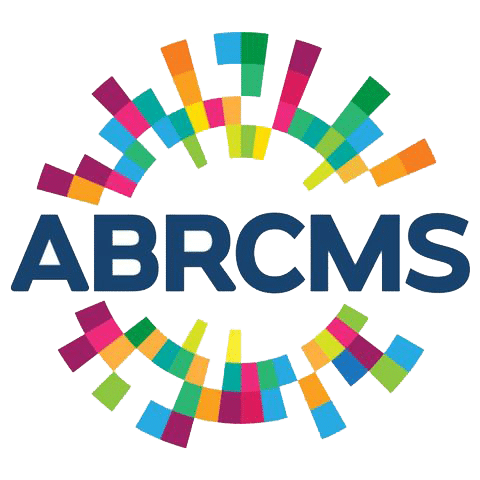Friday Morning Keynote Lecturer is Using Hip-Hop to Improve Health Literacy in Communities of Color

In 1971, British physician Julian Tudor Hart, FRCGP, FRCP, coined “the inverse care law,” which theorizes that economically disadvantaged people who are the most at risk for poor health are the least likely to receive preventative health interventions in economic systems where health care is treated as a commodity influenced by market forces.
Olajide Williams, M.D., M.S., and his organization, Hip Hop Public Health (HHPH), believe that music can be leveraged to engage communities affected by the inverse care law. Williams will deliver the ABRCMS Scientific Keynote Address, “Addressing Health Equity Through Health Literacy: The Powerful Role of Hip Hop,” at 10:15 a.m. Friday, Nov. 11, in ACC North 100 at the Anaheim Convention Center.
HHPH’s mission is to “harness the transformative power of music, art, culture and science to deepen health literacy and inspire positive health choices for young people and their families in communities of color.” The organization’s vision is to provide these communities with the knowledge and skills to make healthier choices and achieve health equity.
To accomplish this ambitious initiative, the organization pioneered the Multisensory Multilevel Health Education Model, which incorporates art, culture and science across different levels of an individual’s social and physical environment to facilitate learning.
“There was a vast amount of information pointing to a greater need for cross-sectoral and cross-disciplinary collaboration, and a richness of non-academic approaches in the world of commercial advertising, marketing and visual arts,” Williams said in an interview published on HHPH’s website. “Whether it is a painting, or a poem, or a song, or a dance or a gritty urban drama, the ability of these art forms to powerfully stimulate human imagination and emotion while effectively communicating ideas and concepts was, in our mind, stunningly underutilized in public health.”
Decades of research on learning show that children retain information most effectively when they are fully engaged. Therefore, it stands to reason that the optimal format for education is an immersive experience, not just a lecture or PowerPoint presentation. Accounting for more human factors, such as cultural relevance, HHPH incorporates contemporary music in its lessons to deepen the impact and retention among students.
“We believe that art and science exist along the same continuum—you can’t really pull them apart,” Williams told HHPH. “This is why so many art forms have powerful health benefits, and why music occupies more real estate in the brain than language itself.”
Hip Hop Stroke, one of HHPH’s school-based programs, integrates hip-hop, videogames and cartoons to educate students about the dangers of a stroke. Specifically, how a stroke occurs in the body, how to recognize the symptoms of a stroke and what to do if they witness someone suffering a stroke. According to HHPH, the program has helped children recognize stroke symptoms in family members and then call 911 for help. In one case, a child who recognized the visible signs of a stroke overruled an adult who didn’t think it was necessary to call 911.
In addition to his role as founder and board chair of HHPH, Williams is a tenured professor of neurology, chief of staff of the department of neurology, and associate dean of community research and engagement at Columbia University. He has received numerous awards, including the European Stroke Research Foundation Investigator of the Year, Columbia University’s Outstanding Teacher of the Year and the American Heart Association’s Trailblazer award.
